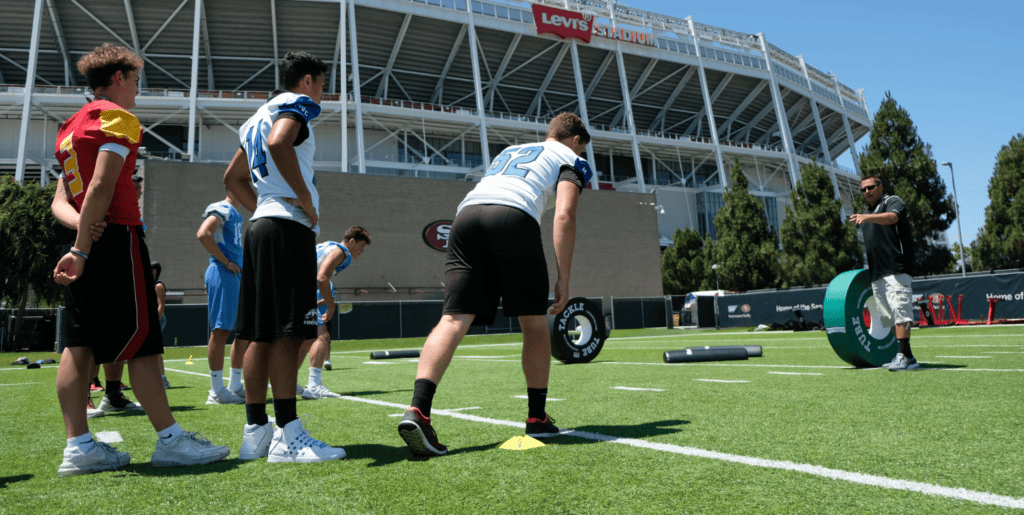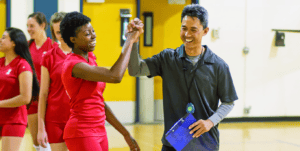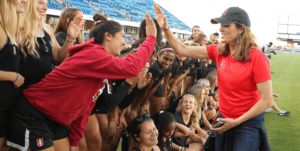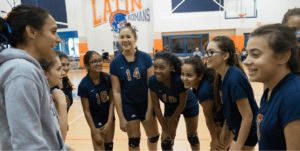PCA Resource zone
Ask PCA: Players Missing Practices

This resource stems from a question submitted to the Ask PCA blog. Responses come from our experts including PCA Trainers, who lead live group workshops for coaches, parents, administrators and student-athletes.
“My question has two parts: 1. We have trouble with players missing practices. This year we set practices for the same day each week and gave families a complete schedule at the start of the season. What do you suggest for discipline and what do you consider reasonable reasons for missing? 2. My own child is on this team. If he needs to miss a practice, how do I handle this? I cannot bench him since he is the only goalie, so how do I address this with the other players and possibly parents?”
PCA Response by Joe Scally, PCA Trainer-Chicago
Coaches can consider a variety of solutions when players missing practice becomes a chronic problem. They can prevent the problem to begin with by holding dynamic practices that players want to attend. A dynamic practice usually entails a written practice plan with activities that keep players moving and involved, bringing a positive attitude and high energy level to practice.
Another key is setting clear expectations for attendance with players and their parents, which may vary depending on the players’ age and the competitive level of the league. Let them know what you consider acceptable reasons for missing a practice (i.e., illness, family events, religious obligations, games or practices for other sports, homework or school activities, etc.). Explain that you like having players at practice because you care about their development as players and people, and make it clear how to notify you in advance of anticipated absences.
Discuss this issue with the whole team, inviting their input on the importance of practice and how absences affect the team. Hearing from teammates may motivate players to attend practice as often as possible. You might prepare the team captains or other leaders to facilitate this discussion. It’s important to stay positive and avoid blaming, accusing or singling out players.
Again, depending on age and competitive level, reward the players who practice the most and the hardest with extra starts or playing time, the chance to try a new position, being a captain for the next game, or get- ting a sticker or other symbolic reward.
Still, players may miss practice, and you will need to set consequences, such as not starting, less playing time, or an extra physical activity. Consequences should be appropriate for the age and competitive level, and physical consequences should not punish players, but should help them make up for work they have missed.
When considering consequences, remember that younger players depend on someone else to get them to practice and may miss even when they want to be there. If older players are getting themselves to practice it is important to let parents know when their children miss practice.
Consequences should equally apply to all team members. That means you should develop a back-up goalie.
As a final note, make sure to check-in with players who are absent. Show them that their attendance is important to you and that you care about them. This allows them to provide context to their absence that you may otherwise lack. Understanding why they are absent may help you create the circumstances where they’ll be more likely to attend.
PCA Trainer Joe Scally is a longtime coach based in the Chicago area. Joe spent several years as PCA’s national director of training.







